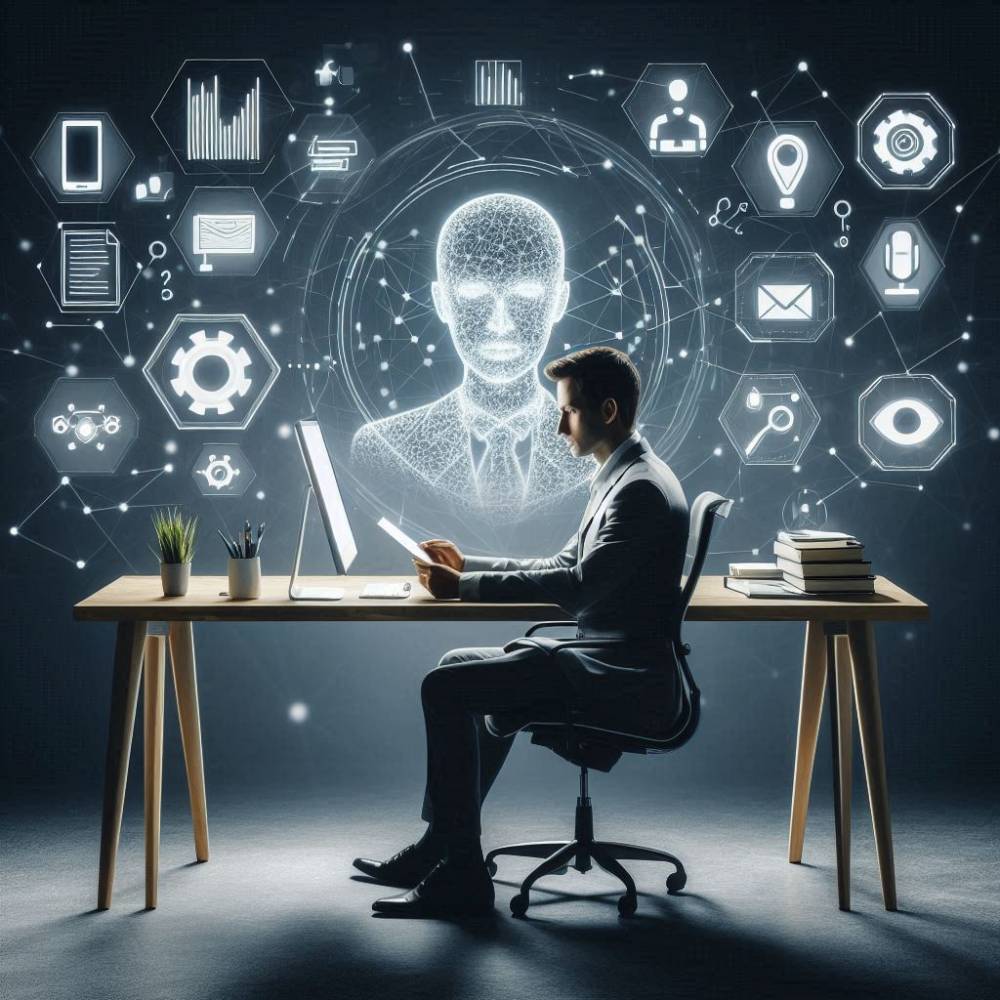
Are We Losing Our Edge? Navigating the Risks and Rewards of AI in the Workplace
The Seductive Pull of Digital Delegation
In today's fast-paced world, AI has become an incredible ally in performing routine and complex tasks alike. Its capacity to handle repetitive work and streamline processes is undeniably enticing, offering the promise of efficiency at levels previously unthinkable. This “digital delegation” saves time and resources, turning hours of manual analysis into minutes, all at the click of a button.
However, this reliance on AI for even cognitively demanding tasks comes with a hidden cost. Like the gradual erosion of mental arithmetic skills once calculators became commonplace, the convenience of AI may dull our critical faculties and weaken the skills that differentiate us in the workplace. When we rely on AI to analyze data, generate insights, and even assist in decision-making, we risk becoming passive participants in our own professions, sidestepping the very challenges that keep our abilities sharp.
When Convenience Becomes a Crutch
The danger of AI isn't in the technology itself but in our overreliance on it. As we hand over cognitive tasks to AI, there’s a risk that we lose touch with our own capabilities. Imagine an architect who, after years of relying on AI design tools, struggles to sketch a basic structure without digital assistance. Or a writer whose original voice becomes indistinguishable from algorithm-driven suggestions. These aren’t mere hypotheticals; they’re real scenarios emerging in workplaces worldwide.
Psychologists call this “cognitive offloading,” the tendency to rely on technology instead of our mental resources. While convenient in the short term, this habit can erode essential professional skills. Cognitive offloading is efficient, but when overdone, it leaves us without the mental stamina and skill set required for nuanced, high-stakes decision-making — abilities vital in a competitive job market.
The Human Edge: What AI Can’t Replace
Despite its strengths, AI lacks certain uniquely human capabilities that remain essential to professional success. Empathy, contextual awareness, and creativity — the ability to “read the room,” to understand complex interpersonal dynamics, to innovate in response to unique challenges — are irreplaceable skills. AI can provide data and assist with analysis, but it cannot intuit emotional cues, think laterally, or make judgments that require human discernment. By nurturing these abilities, we maintain a competitive edge and a role that AI can enhance but not fill.
Building AI-Resistant Career Skills
The goal isn’t to avoid AI but to use it purposefully, without compromising our intellectual integrity. To do this, we must regularly challenge ourselves, developing “AI-resistant” skills by balancing automation with independent thinking. For example, drafting a business proposal from scratch before refining it with AI can maintain our creativity and strategic thinking. Similarly, analyzing data independently before validating our conclusions with AI helps keep our analytical abilities intact.
By fostering a mindset of continuous learning and self-reliance, we ensure that our unique competencies remain sharp. AI can support us, but it should not replace our expertise or erode the foundations of our professional identity.
Charting a Path Forward
The future belongs to those who can harness AI’s benefits without surrendering their intellectual autonomy. This requires a careful balance: embracing AI as an enhancement tool while actively engaging in the tasks that define us as professionals. By doing so, we can ensure that our skills remain relevant, adaptable, and valuable.
Ultimately, AI should be seen as a powerful addition to our toolkit, not a substitute for human intelligence. Success in the AI era demands that we actively participate in our work, combining our cognitive strengths with AI’s capabilities to create outcomes that are richer and more insightful than either could achieve alone. The question isn’t simply whether to use AI, but how to use it in a way that enriches rather than diminishes our professional potential.
